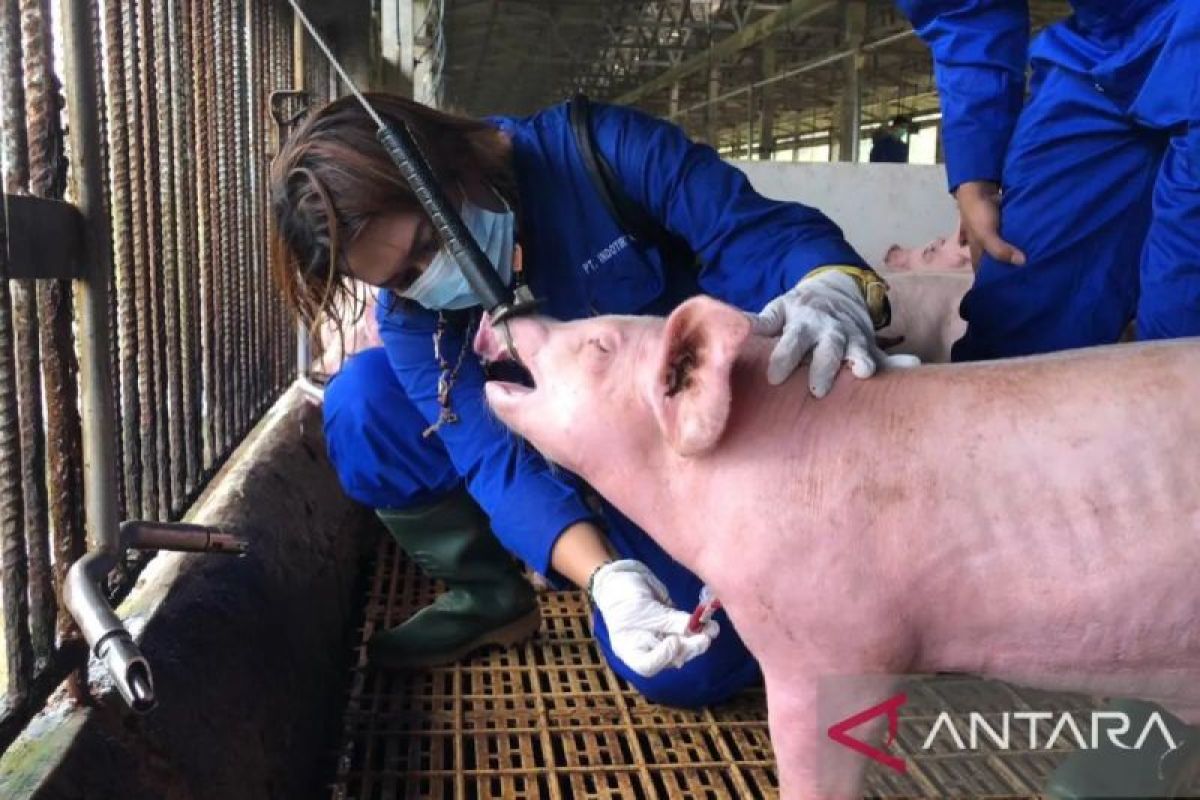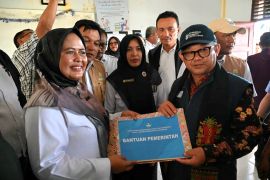The ministry's Director General of Livestock and Animal Health, Agung Suganda, said ASF poses a serious threat to pig populations. Early detection, rapid reporting, and cooperation among all stakeholders are essential, he emphasized.
“We encourage local governments, animal health officers, and farmers to increase vigilance. Strict biosecurity is key for prevention, and any suspicious cases must be immediately reported through iSIKHNAS for fast action,” Suganda said in a written statement received here on Sunday.
The Directorate General issued Circular Letter No. 8492 dated August 19, 2025, regarding preparedness and vigilance against ASF in the Asia Pacific, following reports of rising cases in China, Vietnam, Cambodia, and Malaysia.
The circular calls on provincial and city/district livestock offices, veterinary authorities, and professional organizations to prepare risk mitigation plans, profile farmers and traders, and map livestock distribution routes for early detection.
Measures include stricter pig health monitoring, reporting symptoms to iSIKHNAS, risk-based surveillance, and prompt investigation and sample collection for lab testing if cases arise.
Farm-level biosecurity must include regular disinfection, restricted movement, and hygiene protocols. Transport of pigs and products from infected areas is banned, and all transported pigs must have valid health certificates.
The ministry's Director of Animal Health, Hendra Wibawa, stressed disciplined data reporting through iSIKHNAS for effective control measures.
Currently, ASF cases are reported in East Nusa Tenggara, Lampung, West Kalimantan, Papua, and North Sumatra. The Agriculture Ministry has called for strengthened coordination and faster field responses.
Related news: Indonesia strengthens ASF biosecurity for small-scale pig farmers
Related news: Minister highlights plan to form African Swine Fever Task Force
Translator: Harianto, Kenzu
Editor: Primayanti
Copyright © ANTARA 2025












